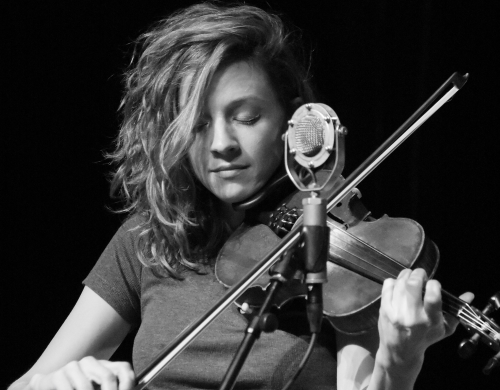ProSoundWeb: If you’re a doctor, you can’t operate if you do not know what you should and should not cut. If you’re a mechanic, you can’t repair a car unless you know how the engine parts work together to move the car.
As an engineer, you are a technician, but one that works with creative material. Yes, you can approach it purely like a technician, but you won’t be able to perform as well as if you know a bit about music. Notice that I used the word “perform” rather than work.

2 comments:
I think it is important for everyone involved in our business to understand music even at a basic level. We talk all the time as Technical Directors that half the reason we learn what we do in fabrication classes isn't to become fabricators, but to understand the language and function of the various types of manufacturing out there. Similarly, if we work on musicals and/or operas, we need to be able to have conversations with the artistic team about issues that may effect our production area. Stage managers need to be able to read sheet music for calling shows, sound designers absolutely need to know these terms to communicate to the music director, and even technical directors benefit from understanding the needs and wants of a music department. Even understanding basic concepts outlined in this article such as dynamics, instrumentation, arrangements, and rhythmic patterns can help. What if we were trying to time automation cues to fit on a 16 measure piece of music? A competent automation designer/engineer should be able to figure out based on the listed tempo and time signature how long that move needs before rehearsals begin to calculate feasibility and power requirements. This is just one example, but I think it is wise for all of us on the production end to understand basic music terminology.
This is honestly a really good primer for those who have no musical background, but who work in sound recording & engineering. Personally, I couldn’t imagine ever working anywhere near sound without having a musical knowledge & background. I have a wide range of musical know-how and general knowledge, and I consider myself really lucky to have had those experiences, classes, and opportunities to have theoretical and hands on knowledge of instrumentation and music. I appreciate what the article is trying to do, but there really is no substitution for being in a musical ensemble or class and learning through the music itself- time signatures seem to make sense on paper, but they can function in so many ways that can only be communicated through the music itself. Overall, communication with the musicians you are recording can be the most important thing, because often, they know what’s worked in the past, and you can emulate or build off of that.
Post a Comment